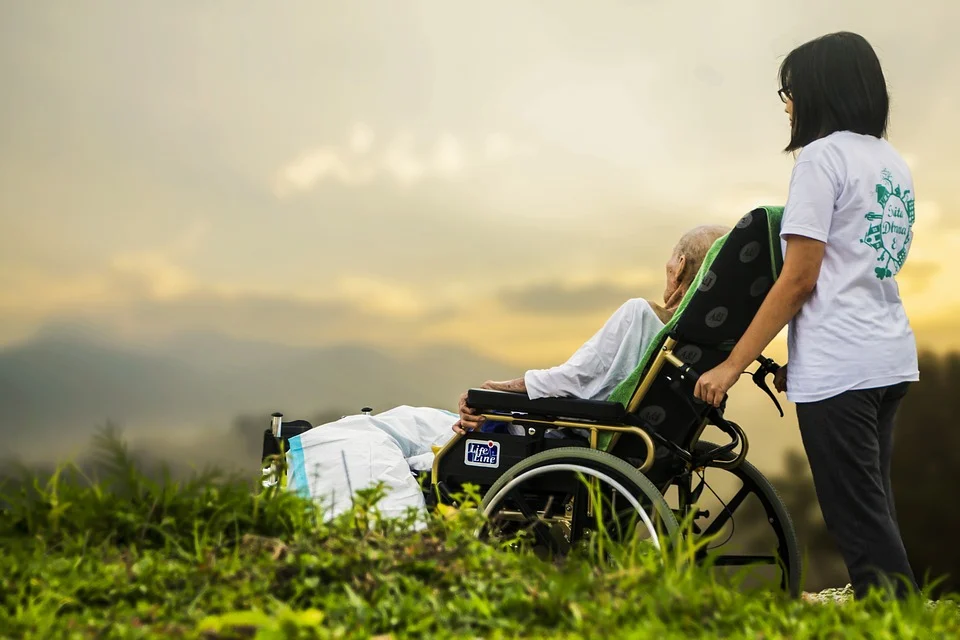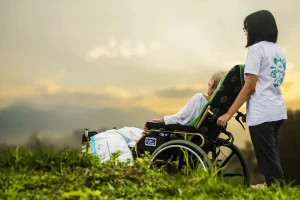The term disability care, encompasses a range of services and supports that are specifically designed to help those who are challenged in their everyday lives. As society becomes more technologically advanced and more compassionate for the elderly, the number of services available to these individuals with disabilities grows. There are many organizations and services that provide disability care to those who might need it the most.
Home assistance is one form of disability care assistance. It assists people with tasks that they are unable or unable to do on a daily basis. Assistive homes can range from specially adapted appliances and equipment to specially designed homes and apartments that offer disability services melbourne to those with limited mobility. Most of the time, an individual with a disability will require some type of assistance to do the things they need to do every day to maintain their quality of life. These tasks could include cooking, cleaning, or eating. Home assistance is designed to improve an individual’s quality of life.
The tasks of a disability caregiver include housekeeping, meal preparation, cleaning and maintenance, as well as errands like shopping or transportation. These tasks are not just performed by disability carers; they can also be performed by relatives. This is especially important for people with physical disabilities that restrict their movement or make it difficult to do everyday tasks. This allows the family to continue living as normal while helping the disabled person with their daily living necessities.
Those who live in a nursing home are considered disabled people and are considered to be in a state of the recovering or rehabilitation period. This period can last anywhere between six months and five years, depending on the severity. The carer should not be required for any household chores during the recovery period or any task that would require a lot of effort. Instead, the caregiver is expected to look after the elderly and provide companionship to those with severe conditions.
The disability carer is typically an adult, but can be a child or young person with a learning disability. You must meet a number of requirements to be a qualified disability care provider. First, you need to have a license and be trained in all aspects life support. You must also have a written disability plan that details your responsibilities and how you will support the disabled person. You will also need the support of a friend or family member who can provide supervision and emotional support.
There are many benefits to hiring disability care providers. These include creating a less stressful environment for the disabled adult. Providing safety and security for the adult. Providing help and support for the adult. A service that provides supervision for older people is a must. Many disabled adults don’t feel safe leaving home alone, so having a live-in companion provides peace of mind as well as safety. Visiting care providers also allow disabled adults to take a break from the day-to-day responsibilities that prevent them from living an independent life.
There are several types of disability care services that you may want to consider hiring for your loved one. A home caregiver is a person who provides in-home care. This service is the most convenient as it allows you to care for your loved one at home while you’re out on business or sightseeing. You can also hire a respite caregiver. A respite caregiver will visit your home to assist the person when they are unable to do their daily tasks. They may even spend part the day at home so the disabled individual can live a normal existence and not depend on others to help them.
The most common form of service for disabled individuals who aren’t capable of caring for themselves is home-based or custodial light housekeeping. These people live in homes that are staffed 24 hours a day by licensed caregivers. Caring for seniors using this style of service requires additional skill and training. This style of personal care requires skilled meal preparation, housekeeping, laundry assistance, light housekeeping and transportation assistance. These services are often covered by insurance programs because they are performed by specially trained people.


